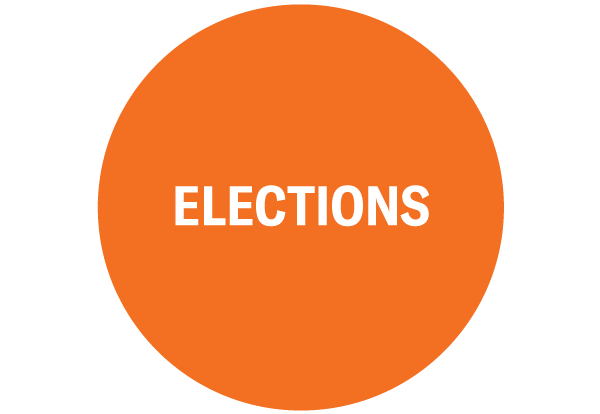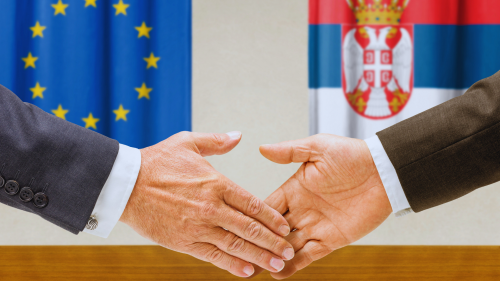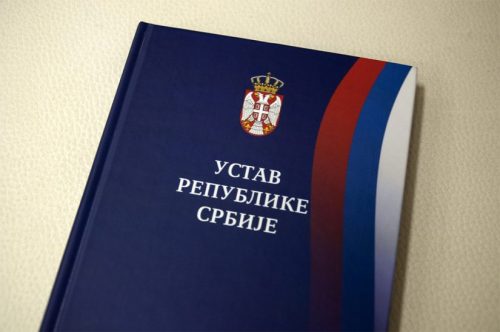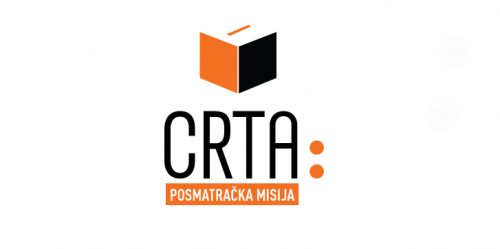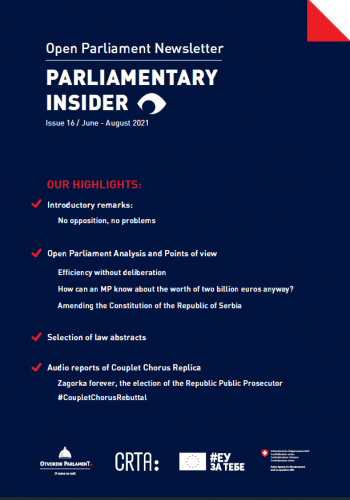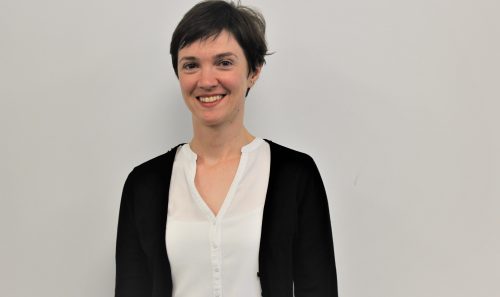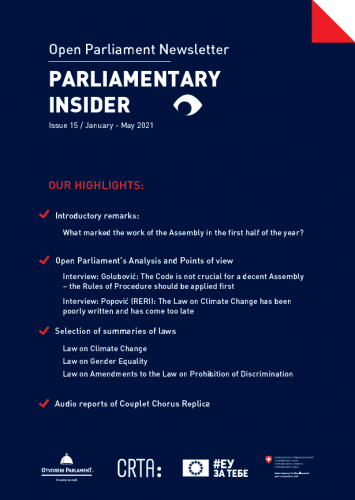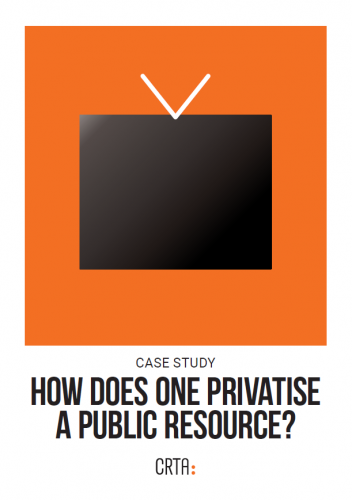While domestic officials talk about the “best” report about Serbia from the European Commission (EC) in recent years, the text of the report contains a significant number of criticisms from the EU regarding the democratic capacities of Serbia’s institutions. “This is by far the best EU report on Serbia’s progress in recent years, and progress has been registered in almost every area,” reported Serbian Prime Minister Ana Brnabić on the occasion of the EC’s latest report on Serbia’s progress in the EU accession process. The text sent to Serbia by the EC was interpreted by the Prime Minister as “a political message to our country that we have done a lot in terms of the rule of law”, and that “for the first time since 2016, we have made progress in the field of media freedom”.
Civil society organizations drew the attention of the Venice Commission delegation representatives to the fact that, when giving an opinion on the draft constitutional amendments concerning the judiciary, it is necessary to consider the state of democratic institutions, and the political context, having in mind that whether the constitutional changes will indeed ensure the independence of the judiciary depends on these two factors.
CRTA analyzed the Measures to Improve the Conduct of the Electoral Process, proposed by the co-facilitators in the course of the Inter-Party Dialogue mediated by the European Parliament, published on 18 September 2021. One segment of the proposed measures comes as a result of a political agreement – these measures constitute temporary solutions, and go beyond the existing legal and institutional framework. Assessing their enforcement will, therefore, require analzying their actual effects in practice, during the observation of the upcoming elections. The following analysis is strictly focused on legal solutions which are in line with the existing legal and institutional framework, and their possible reach and compliance with domestic legislation, as well as with international standards and recommendations by domestic and international observers.
For the purposes of maintaining the Open Parliament website as a part of project “Back to Basics – Parliament as a Backbone for the Rule of Law”,`Crta is opening a job position for a colleague developer who would join our IT dev team! We are a group of civil society activists devoted to strengthening democratic…
The Serbian political scene has long been characterised by a worrying lack of political pluralism and the collapse of the basic mechanisms that protect democracy. The last parliamentary elections were preceded by a dialogue on improving election conditions, which did not yield results.
Extremely uneven representation of ruling parties and the opposition – this is the main finding of CRTA’s year long post-election media content analysis of central news on televisions with national coverage: RTS, Pink, Prva, Happy, and B92. Between July 2020 and the end of June 2021, representatives of the ruling majority garnered as much as 93% of time in television programme covering political actors, while the opposition was present in the remaining 7% of time.
The following case study speaks about one of the most blatant examples of abuse of public resources by the ruling Serbian Progressive Party, during the election campaign for elections held in June 2020 at all levels. There were many similar examples, but this is one of the few that was efficiently processed in compliance with the legally prescribed short deadlines, and in which it was determined that the provisions of the Law on Financing Political Activities had been violated. In the same case, certain shortcomings of the existing legal framework were noticed, as well as certain weaknesses and inconsistencies in the actions of the Anti-Corruption Agency, which is responsible for the implementation of this law. Public resources are being misused, primarily by public officials, but also by civil servants, in order to promote political parties during the election campaign. In this way, political parties, which are in power at the time of the election campaign, gain a great and insurmountable advantage over other actors in the election game, primarily over opposition parties.
Our topics
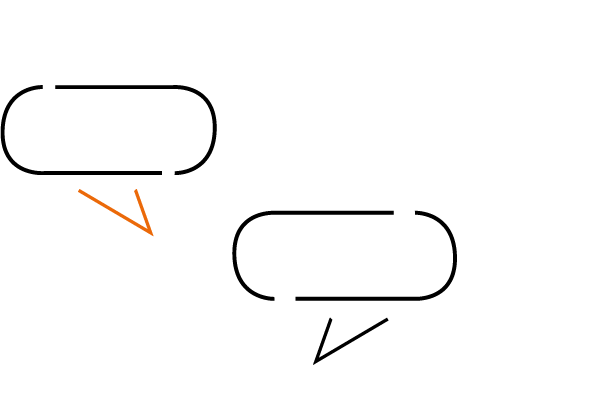
Democratic culture
Because politics is not just for politicians. It is our human and citizen right to participate in the processes of making decisions which influence our lives. A dialogue has no alternative.

Free and fair elections
Because elections are the pillars of democracy. It is every citizen’s right to decide on whom to give his/her vote in free and fair conditions. Our vote is valuable and it can make a difference.
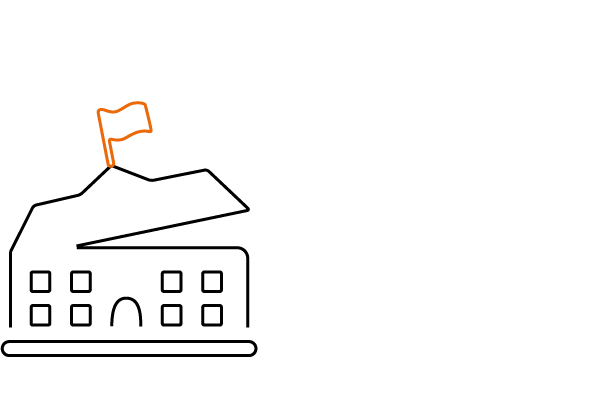
Open institutions
Because institutions serve the citizens. We need strong institutions with integrity which protect the public interest.
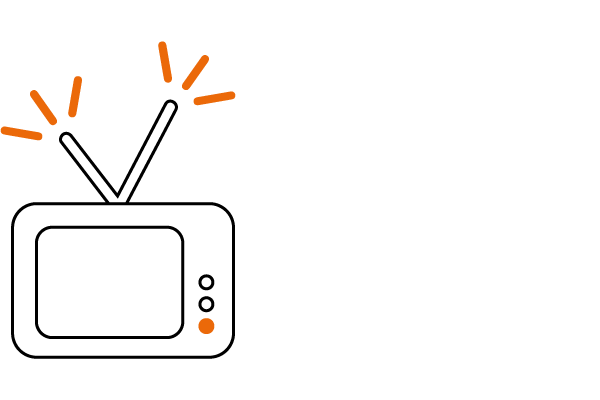
Free media
Because media should ask questions and critically analyse the reality. We need the media which protect the public interest and tackle the needs of the citizens.






